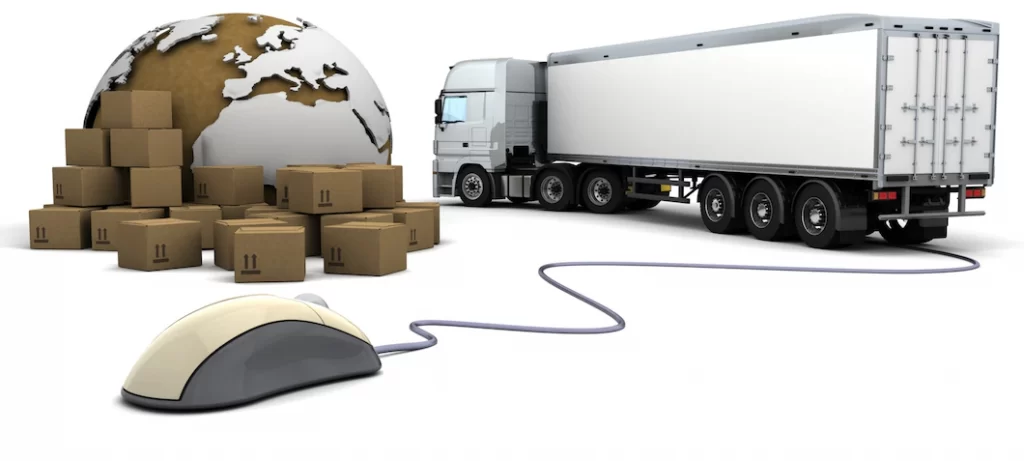5 Tips For Supply Chain Management
4 Mins Read
Published on: 22 June 2022
Last Updated on: 14 November 2024

toc impalement
Running out of key products or materials can be a nightmare for a small business. It can cost the business significant revenue when products or materials are not available. For some companies, not having what they need can bring the entire operation to a halt.
For most businesses, these situations are avoidable. They often come down to issues with supply chain management. Supply chains are complex, and significant disruptions can often result from seemingly small events. In some cases, one small mistake can lead to a cascade of effects that block the entire chain.
If you want to avoid these types of issues, you need to pay more attention to supply chain management. With the following tips, small businesses can do more to prevent supply chain problems.
Here Are 5 Valuable Tips For Supply Chain Management:
1. Find Reliable Suppliers

Your suppliers are the foundation of your supply chain. If you can’t depend on them, you will never feel secure in your supply chain. As a small business owner, you need to take the time to find suppliers you can trust. To find the right suppliers, you will need to consider a range of factors.
Price is often the first thing most businesses think of when they look for suppliers. While price is important, it should not outweigh reliability.
If a supplier is constantly having problems meeting your needs, it does not matter how cheap their prices are. The cost of not having what you need when you need it will eventually catch up to your business.
2. Invest in Skills

Many business owners have very little understanding of the supply chains they rely on. They put in an order, track it with software, and the supplies arrive as expected.
As long as that flow continues, they don’t think much about their supply chain. While this could work for a while, it could be a big problem when things eventually stop working.
By gaining knowledge and becoming more involved, you can do more to make your supply chain more reliable. You can also do more to avoid problems. That is why you should make sure you have people on staff who understand your supply chain.
You could also work to become more knowledgeable. For example, there are international trade programs that could teach you about logistics.
3. Supply Chain Technology

You can do a lot to make your supply chain more efficient and reliable with new technologies. You have technologies that can keep track of supplies and track the flow of goods through the supply chain.
There are even automation tools that can take some of the labor out of keeping the supply chain running.
One example is production management software. This software enhances operational transparency and optimizes process efficiency, allowing for real-time adjustments and quality assurance monitoring.
Some supply chain managers are even starting to use IoT technology to increase transparency while also enhancing automation. For most businesses, software systems and IoT sensors are the future of supply chain management.
4. Parallel Supply Chains

One supply chain will not be enough for many businesses. You might need a supply chain that is ultra-fast or one that is more efficient in resources. For some applications, you might need a supply chain that can be more versatile or flexible.
This all sounds good, but you usually can’t get all these features from one supply chain. For example, faster supply chains tend to be less efficient.
To account for this, some businesses might need to maintain parallel supply chains. You could have one that is built for speed and one that is built for efficiency.
You might also need different supply chains for different types of goods. In some cases, it might just be good to have a backup supply network in case one fails.
5. Review and Improve

Business leaders should always be looking for ways to improve supply chains. Establishing a reliable supply chain management plan is not the end.
You should schedule periodic reviews to assess how well the supply chain is running. Consider how well it is meeting your goals. Look into how frequently you run into problems. Look into areas that could be more efficient.
Every time you review your supply chain, you should be looking for ways to make it better. Could it be faster in some places? If there are regular problems, is there a solution that could make it better?
Are there any tools that could make the supply chain more reliable? You should never view your supply chain as a finished product.
The more you are aware and involved with your supply chains, the better it will serve your business. With the tips we have here, you can run a supply chain that is more reliable while also being easier to manage.
Read Also:


















Comments Are Closed For This Article